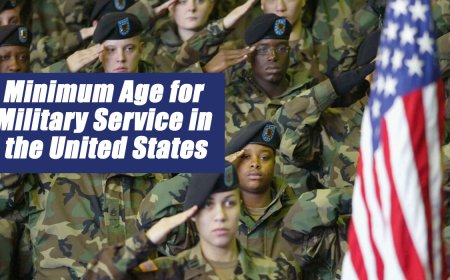
Essentially, in our legal system, there is no specific "code of principles" that press organizations and journalists must adhere to, depending on press freedom. Naturally, there is no legally binding principle or rule for press organizations and journalists beyond the general rules of law.
Therefore, journalists are obliged to comply with the general rules of law in their work. However, there are some basic principles adopted and declared by the Press Council, which operates in our country.
The fundamental principles we also accept are as follows:
- In publications, no one shall be condemned or humiliated based on their race, gender, age, health, physical disability, social status, or religious beliefs.
- Publications shall not limit freedom of thought, conscience, and expression; they shall not publish content that undermines or offends general moral understanding, religious sentiments, or the fundamental basis of the family institution.
- Journalism, which is a public duty, shall not be used for immoral personal purposes and interests.
- Criticism shall not go beyond the limits and belittle, demean, or contain defamatory statements about individuals and institutions.
- Personal lives of individuals shall not be made subject to publication, except in cases necessitated by public interests.
- News that falls within the scope of journalistic investigation shall not be published without investigation or without being sure of its accuracy.
- Information provided under confidentiality shall not be published unless it seriously requires public interest.
- Before the distribution process of a press organization is completed, another press organization shall not present the product achieved through special efforts as its own product to the public, and care shall be taken to indicate the source of specially produced products received from agencies.
- No one shall be declared "guilty" unless proven guilty by a judicial decision.
- Acts deemed criminal by the laws shall not be attributed to anyone unless there are credible reasonable grounds to believe in their truthfulness.
- Journalists must protect the confidentiality of their sources. Cases where the source aims to mislead the public for personal, political, economic, etc., reasons are exceptions to this rule.
- Journalists must refrain from conducting their duties in ways and attitudes that could overshadow the dignity of their profession.
- They shall avoid publications that encourage violence and coercion, and those that hurt human values.
- The characteristics of publications in the nature of advertisements and announcements shall be clearly indicated without leaving any doubt.
- Respect shall be shown for the time limit set for the publication date.
- Press organizations shall respect the right of reply and correction arising from incorrect publications.






























